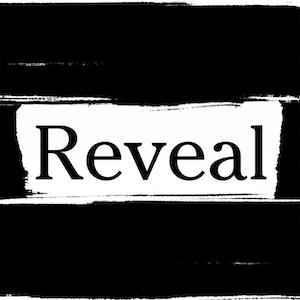A Midnight Phone Call. A Missing Movie. Decades of Questions.
Here at the Center for Investigative Reporting, we excel at finding things: government documents, contact information, the misdeeds people have tried to hide. It’s serious work that we use for serious tasks—but that gave us an idea. What would happen if we used these skills for things that are less about accountability and more about joy? If we turned our energy toward meaningful, personal questions? That was the spark for our first-ever hour examining our favorite inconsequential investigations. We turned our tried and true journalistic strategies on our own biggest questions to see where the trail led.This week, we take up Mother Jones video reporter Garrison Hayes’ quest to find the first short film he ever made, even though it was lost to the early 2000s internet. Yowei Shaw of the podcast Proxy brings us along as she meets her doppelganger and discovers the truth behind how people see her. And Reveal producer Ashley Cleek untangles her own biggest unsolved mystery: Did reclusive rock star Jeff Mangum really call into her college radio show, asking her for a favor? We plan to do more “inconsequential investigations” like this. So, if you have a personal mystery that needs looking into, please email
[email protected]
Support Reveal’s journalism at Revealnews.org/donatenow
Subscribe to our weekly newsletter to get the scoop on new episodes at Revealnews.org/weekly
Connect with us onBluesky, Facebook and Instagram
Learn about your ad choices: dovetail.prx.org/ad-choices


